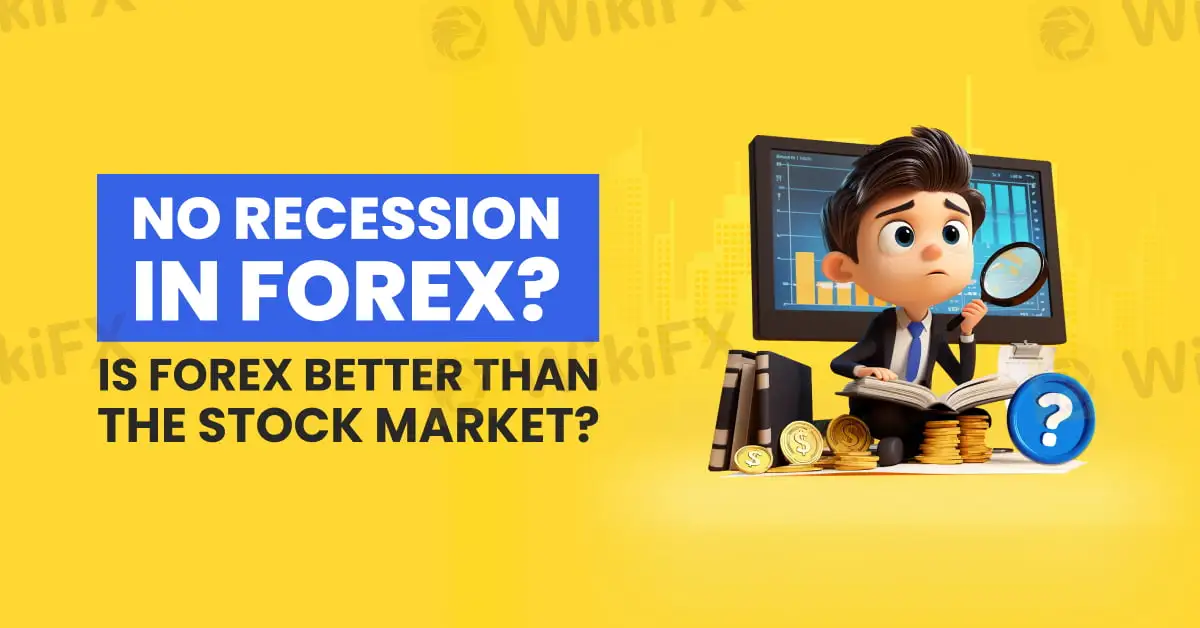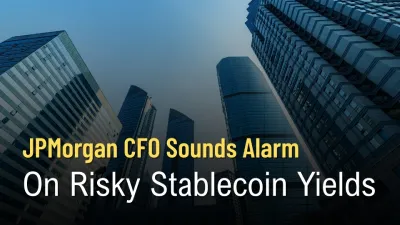Abstract:As equity markets recently convulse under the pressure of rate uncertainty, geopolitical risk, and weakening macroeconomic signals, an age-old question resurfaces: when the stock market shakes, is it time to look elsewhere?

As equity markets recently convulse under the pressure of rate uncertainty, geopolitical risk, and weakening macroeconomic signals, an age-old question resurfaces: when the stock market shakes, is it time to look elsewhere? And more precisely, to the foreign exchange market?
The notion that the forex market is immune to recession is not without controversy. Critics may scoff at such a statement as overly simplistic or even dangerously misleading. Yet, when one steps back to assess how traders operate across different asset classes, the suggestion begins to gather some weight.

Unlike stock markets, which are tied to corporate earnings and investor sentiment, the forex market is inherently a relative game. Currency pairs reflect one country‘s economic health versus another’s as when one falls, the other rises. It‘s this duality that allows forex to remain perpetually active, even during global downturns. As some like to argue, there’s no recession in forex, because traders always have something to trade, regardless of whether the underlying news is bullish or bearish.
Consider the case during the 2008 financial crisis. While equities plummeted, the US dollar gained strength as a safe-haven currency. Traders who were quick to rotate into major pairs capitalised on volatility, using macro fundamentals and central bank policy divergence as navigational tools. Fast-forward to the COVID-19 pandemic: again, stocks whiplashed, but the forex market thrived on central bank interventions and stimulus differentials.
However, the idea that forex offers a “safe haven” is worth interrogating. Safety and volatility are not synonymous, and if anything, the FX market‘s 24-hour cycle and high leverage options present their own set of risks. It’s not uncommon for novice traders to be seduced by rapid price action, only to be caught out by unexpected central bank shifts or flash crashes.
Yet, for the seasoned trader, these very elements of unpredictability can be opportunity-laden. While equity investors often must wait for quarterly earnings or macro reports, forex traders react to real-time economic data, political headlines, and sentiment flows. Liquidity is rarely in short supply as daily trading volumes exceed $7 trillion, dwarfing those of the stock market.
Moreover, forex trading doesn't rely on the overall economy “doing well”. In fact, chaos often breeds opportunity. When interest rates diverge or political risk upends a nations monetary policy, currency movements can be swift and substantial. For traders who thrive on macro narratives, forex may feel more like chess than roulette.
That said, this is no endorsement of forex as a guaranteed hedge against stock market collapse. Every market carries risk, and forex is no exception. But perhaps it's time to challenge the traditional binary of equities vs. safety assets. Could forex be not just a temporary escape but a dynamic arena in its own right?
If nothing else, one thing is clear: when equity markets falter, forex doesn‘t sleep. And maybe, just maybe, that’s what makes it worth a closer look.











